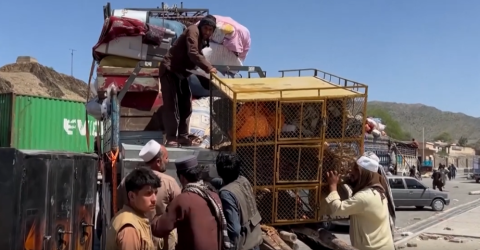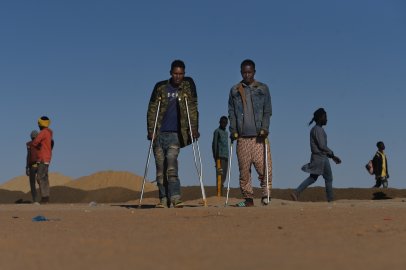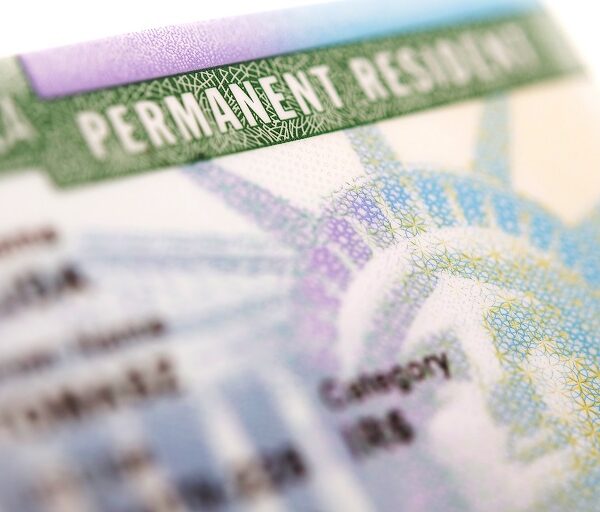Understanding the Crisis: Pakistan’s Deportation of Afghan Refugees
In a significant turn of events, Pakistan has recently surpassed the grim milestone of deporting over one million Afghan refugees. This development comes amidst an ongoing humanitarian crisis that has deep-rooted implications for both the Afghan population and the geopolitical landscape of the region. As a professional immigration policy expert, it is vital to explore the factors leading to this mass deportation, its consequences, and the broader context surrounding Afghan refugees in Pakistan.
The Context of Afghan Refugees in Pakistan
Afghan refugees have been a significant presence in Pakistan for decades, primarily due to the prolonged conflicts and instability in Afghanistan. The history of Afghan migration to Pakistan can be traced back to the Soviet invasion in the late 1970s, which saw millions fleeing to neighboring countries.
Over the years, Pakistan has become home to around 3 million Afghan refugees, many of whom have lived in the country for generations. However, the situation has become increasingly precarious, especially after the Taliban regained power in Afghanistan in August 2021.
Reasons Behind the Deportations
The recent surge in deportations can be attributed to several factors:
- Security Concerns: Pakistan has cited security issues as a primary reason for the crackdown on Afghan refugees. The government argues that the presence of undocumented individuals poses a risk to national security.
- Economic Strain: The economic challenges exacerbated by the COVID-19 pandemic have further strained Pakistan’s resources, leading to increased pressure to deport those without legal status.
- Political Pressure: The Pakistani government has faced domestic and international pressure to address the refugee situation, balancing humanitarian concerns with national interests.
These factors have collectively contributed to a climate where mass deportations are seen as a necessary action by the authorities.
The Humanitarian Impact
The consequences of these deportations are dire for the Afghan refugees involved. Many of those being sent back to Afghanistan face uncertain futures, with the country grappling with a severe humanitarian crisis.
Afghan returnees often encounter numerous challenges upon their return:
- Insecurity: The Taliban’s rule has led to widespread fear and violence, particularly targeting those who previously worked with foreign governments or NGOs.
- Lack of Basic Services: Afghanistan’s infrastructure has been severely weakened, leading to a lack of access to basic necessities such as healthcare, education, and food security.
- Economic Hardship: With a struggling economy, many returnees find it difficult to secure employment or sustain their families.
The combination of these factors creates a precarious situation for returning Afghan refugees, raising concerns about their safety and well-being.
International Reactions and Responsibilities
The international community has responded with alarm to the situation in Pakistan. Human rights organizations have condemned the mass deportations, urging the Pakistani government to reconsider its stance and protect those fleeing persecution.
Many advocate for a more humane approach that would allow Afghan refugees to remain in Pakistan or seek asylum in other countries. The response from global powers and regional neighbors has been varied, with some countries offering refuge and others maintaining a more stringent immigration policy.
The Role of the United Nations and NGOs
The United Nations and various non-governmental organizations (NGOs) are actively working to address the needs of Afghan refugees both in Pakistan and Afghanistan. Their efforts include:
- Providing Humanitarian Aid: Assistance in the form of food, shelter, medical care, and psychological support is crucial for refugees facing immediate needs.
- Advocacy for Policy Change: NGOs are advocating for policies that protect the rights of refugees and promote their integration into host communities.
- Facilitating Resettlement: Some organizations are working to facilitate the resettlement of Afghan refugees to third countries willing to accept them.
These efforts are essential in mitigating the impact of the ongoing crisis and providing support to those affected.
The Future for Afghan Refugees
As the situation continues to evolve, the future for Afghan refugees in Pakistan remains uncertain. The Pakistani government’s stance on deportations has raised fears among refugees about their safety and livelihood.
Looking ahead, several outcomes could unfold:
- Continued Deportations: If security and economic pressures persist, it is likely that deportations will continue, leading to further humanitarian crises in Afghanistan.
- International Intervention: Increased pressure from the international community could lead to changes in Pakistan’s policies regarding refugees, potentially offering more legal pathways for asylum.
- Community Support: Local communities and organizations may step up efforts to support Afghan refugees, advocating for their rights and providing essential services.
It is crucial for stakeholders, both local and international, to engage in dialogue and work collaboratively to address the needs of Afghan refugees and ensure their safety.
Conclusion
The deportation of over one million Afghan refugees from Pakistan is not merely a statistic; it represents a profound humanitarian crisis affecting countless individuals and families. As the situation escalates, it is imperative for the international community to take action, ensuring that the rights and needs of these vulnerable populations are recognized and addressed. The future of Afghan refugees in Pakistan hinges on a collective response that prioritizes humanitarian values and fosters stability in the region.







